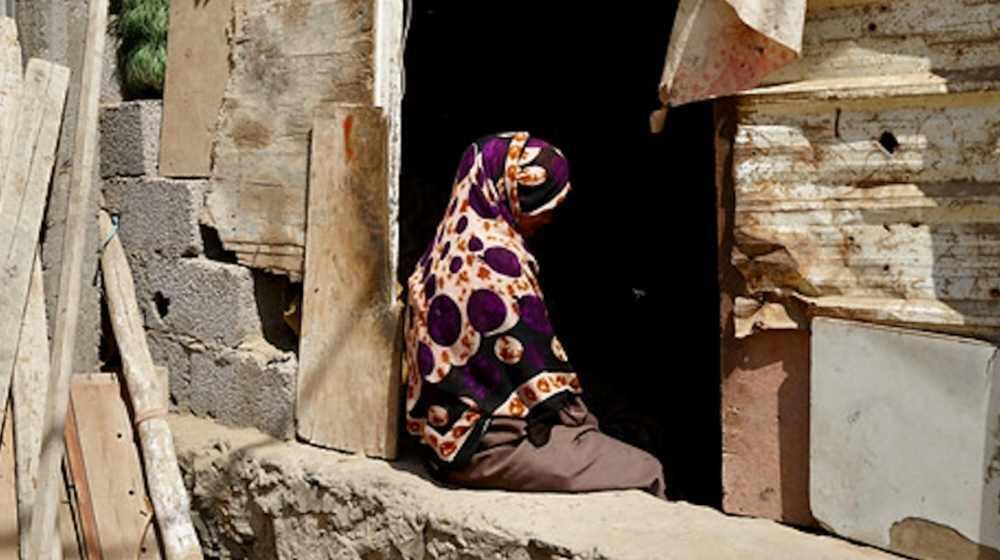The world is in crisis. In Yemen, a woman dies every two hours in childbirth for lack of obstetric care, and more than one million pregnant and breastfeeding women are acutely malnourished. The need for gender-based violence services has increased by 37 per cent since 2020, and 5 million women and girls of reproductive age have little to no access to reproductive health services.
In Tigray, Ethiopia, any progress in reducing maternal mortality is eroding as conflict devastates maternal health services. Sexual violence as a weapon of war is a harrowing reality for women and girls.
In Afghanistan, which has one of the highest maternal mortality rates in the world (638 women die per 100,000 live births), a health system on the edge of collapse could lead to an estimated 51,000 additional maternal deaths, 4.8 million unintended pregnancies and a near doubling of the unmet need for family planning between now and 2025.
In Syria, now in its 11th year of grinding conflict, gender-based violence has become the norm, in particular toward “women and girls who face multiple and intersecting forms of marginalization due to their gender, age, disability, and displacement status.” Eighty per cent of the 1.6 million people living in internally displaced camps are women and children.
And now, in Ukraine, hundreds of women seek safety underground to give birth as the streets explode aboveground. Hospitals and shelters have sustained damage, limiting access to those in need of care. More than 1.7 people – mostly women and children – have already fled to neighbouring countries and beyond.
This International Women’s Day we focus on women and girls living in crisis situations in a world full of conflicts. In crisis, few remain unscathed. But women and girls are especially vulnerable as they are among the poorest, most disenfranchised and most disempowered in their communities. Nearly half of all women in 57 developing countries are denied the fundamental human right of bodily autonomy.
Whatever way a crisis is precipitated – conflict, climate, COVID-19 – those least equipped to withstand it often suffer most. And in any crisis when needs compete for attention, those of women and girls – sexual and reproductive health and gender-based violence-related services vital to their survival, health and future – must not be crowded out or ignored. A world in which their rights are respected is a more just, stable and peaceful one.
When the state of the world overwhelms and crisis fatigue and pessimism threatens to set in, we must not abandon what binds us: our common humanity and the firm and fundamental belief that human rights and dignity must be protected and preserved.


